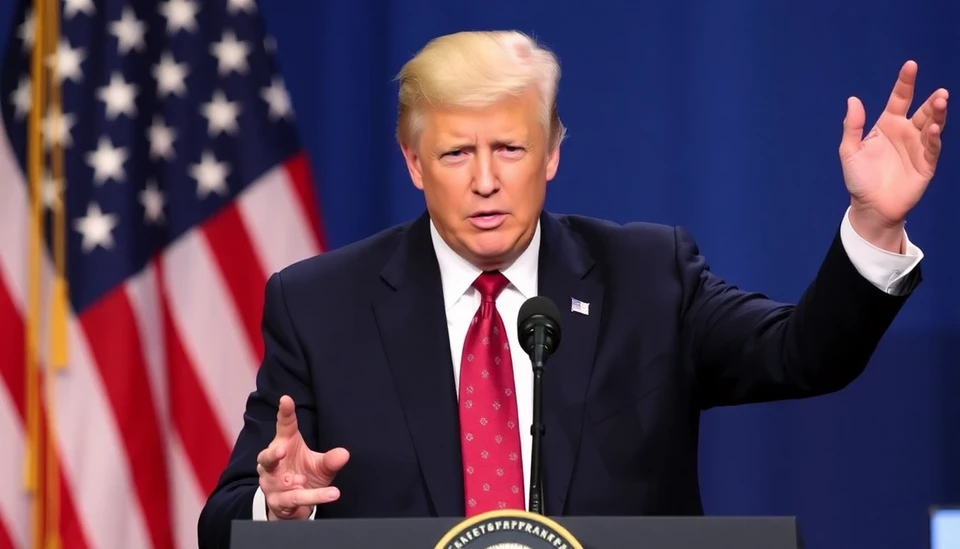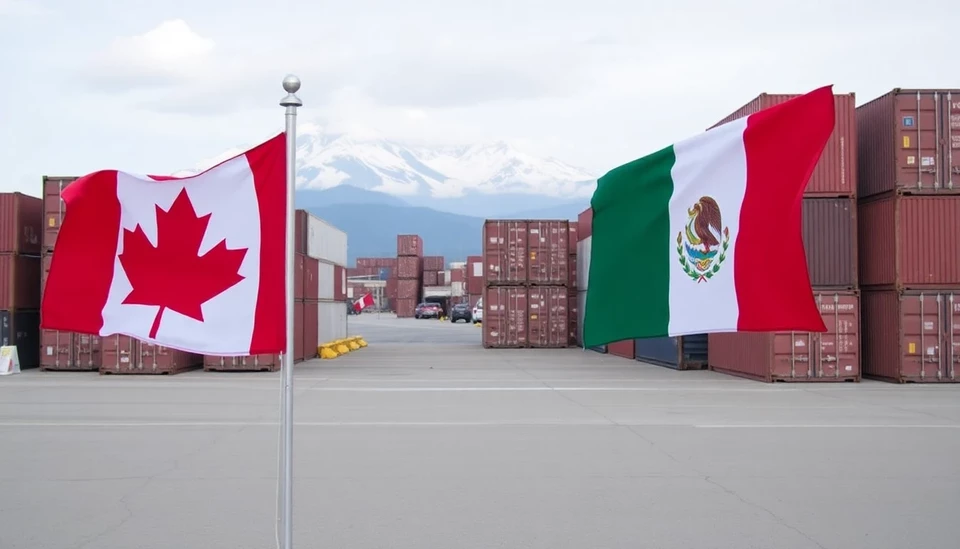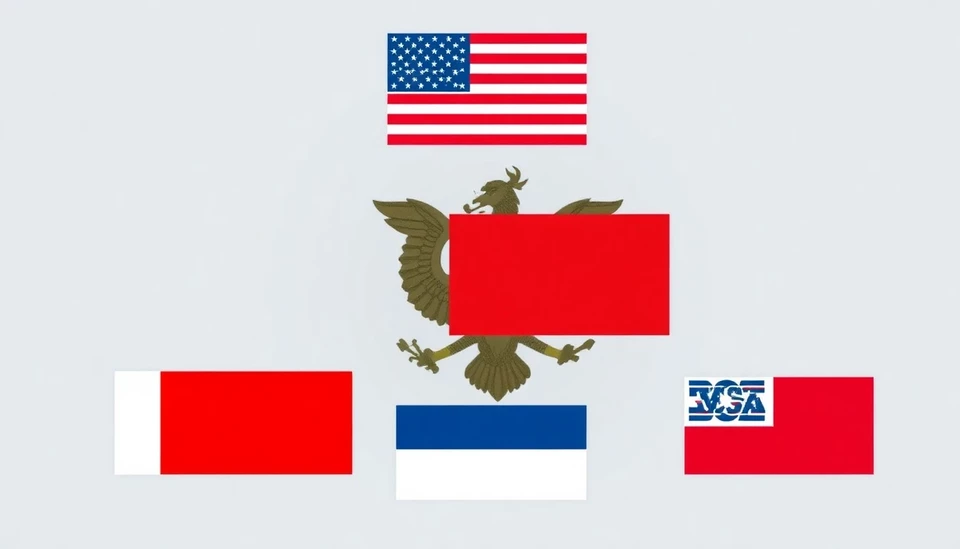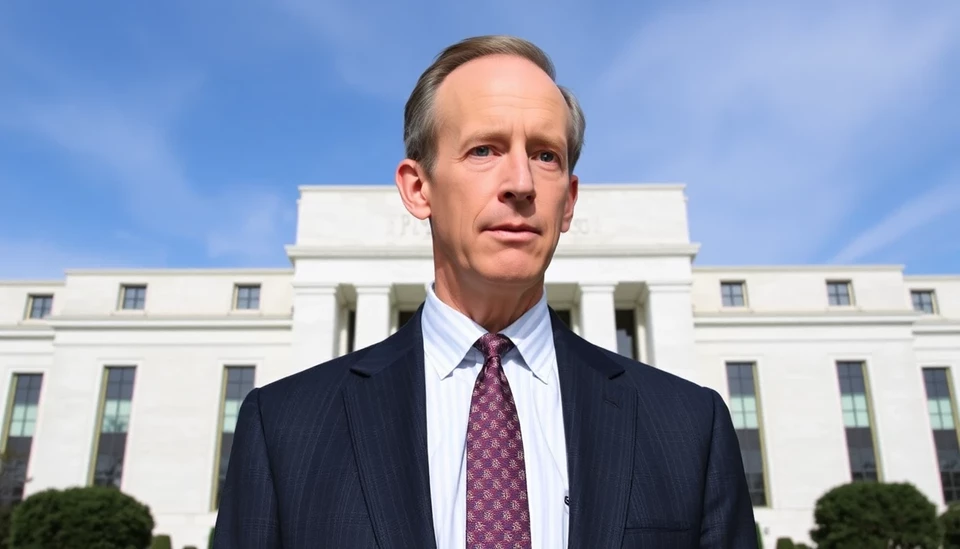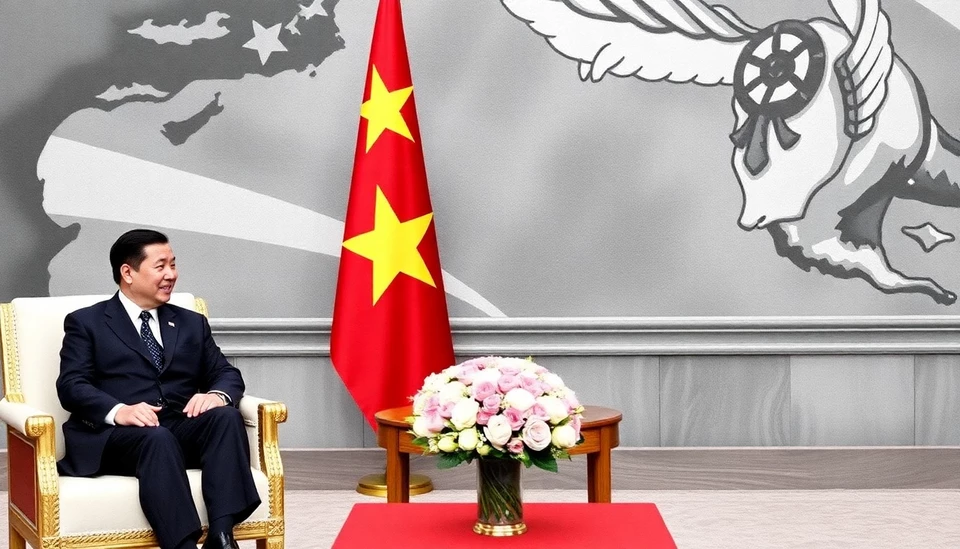
It now appears to be a reflection of the ever-changing geopolitical currents in Southeast Asia that President Joe Biden has reached an important milestone by holding a crucial meeting with Vietnam's top leader Nguyen Phu Trong in Hanoi on September 25, 2024. The move is considered by many a strategic ploy whereby the Biden administration wants to counterbalance China's growing influence in the region.
The gathering was part of President Biden's broader Indo-Pacific strategy aimed at steeling alliances and forging closer economic and security relationships with regional players. By engaging Vietnam at this level, Biden sends a clear message of the United States' commitment to support its allies and look out for shared interests against China's muscular foreign policy.
During the high-profile talks, the two leaders discussed various ways to strengthen their relations in multiple fields like trade, defense, technology, and energy. The leaders have said that peace and stability in the South China Sea, a critical maritime route that has been a point of territorial disputes between China and several ASEAN countries, including Vietnam, are cardinal in importance.
Analysts consider the engagement as a premeditated and calculated move to further develop the relations between the U.S. and Vietnam, thus constituting a hedge against the increasing influence of China. The US looks forward to leveraging Vietnam's booming economy and strategic location in view of heightened tension in the Indo-Pacific. Building a sturdy partnership with Vietnam would also serve to help further achieve U.S. interests in advancing a free and open regional order premised upon respect for international laws and norms.
Our sources say Biden told them how the U.S. would support Vietnam's sovereignty and territorial integrity. Such assurances have come at a time when Vietnam has been continuing its tightrope-walking in relations both with the U.S. and China, as it yet remains suspicious of the strenuous power play of the latter while sharing considerable economic ties with its northern neighbor and thereby making the arena of foreign policy peculiarly complex.
The U.S. is anxious to support Vietnam's efforts at developing maritime capabilities and its resilience to external pressures. Discussion also engaged ways of expanding economic ties, with Biden urging U.S. firms to invest in Vietnam's growing market, further weaving economic cooperation into the strategic partnership.
All in all, the Biden-Trong summit represents a watershed moment in the trend of U.S.-Vietnam relations. This meeting has to do with a strategic chessboard that is Southeast Asia, where the U.S. is unwaveringly making its moves in relation to balancing off the ascendance of China and ensuring stability with a rules-based order in the region.
As shifting global power dynamics further take hold, the Biden Administration's diplomatic engagements reveal a subtle and forward-looking approach toward alliance enhancement and the fostering of regional stability.
#Biden #Vietnam #China #USForeignPolicy #IndoPacificStrategy #Geopolitics #Trade #DefenseStrategy #MaritimeSecurity #EconomicPartnership
Author: Daniel Foster
